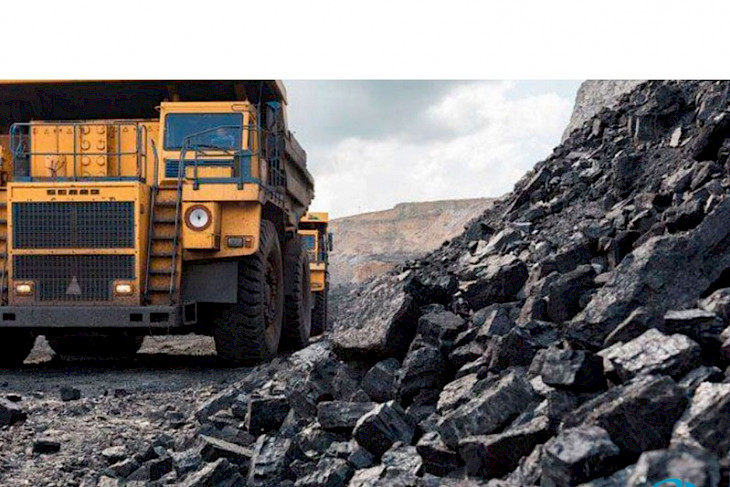A new legislative act has been adopted in Uzbekistan, introducing significant changes to the legal regulation of the use of the country’s natural resources. This was reported by the press service of the Parliament of Uzbekistan.
The Senate of the country approved amendments to the Criminal and Criminal Procedure Codes, as well as to the Code of Administrative Responsibility, aimed at strengthening the protection of land resources.
According to the data presented at the Senate meeting, Uzbekistan has 2,676 mineral deposits, more than 2,000 of which are being exploited by entrepreneurs based on official licenses.
Special emphasis was placed on the extraction of precious metals. From 2019 to 2023, over 300 permits were issued for this type of activity, contributing to its legalization.
At the same time, the problem of illegal extraction remains relevant. Over the past year, more than 100 cases of illegal development of precious metal deposits were recorded. In four regions of the country—Jizzakh, Samarkand, Navoi, and Tashkent—79 criminal cases have been initiated against violators.
In response to the increase in offenses in this area, lawmakers have tightened the penalties for unauthorized extraction of mineral resources.
The amendments to the Criminal Code provide for criminal liability for repeated violations following administrative punishment, as well as for extraction without the appropriate permit.
Additionally, the powers of law enforcement agencies have been expanded. They now have the right to draw up protocols on individuals who have illegally seized land plots, begun unauthorized construction on them, or violated the order of their allocation.
Parliamentarians expressed confidence that the adopted law will contribute to strengthening the rule of law in the protection of land and mineral resources, as well as effectively preventing offenses in this area. The law has been approved by the Senate and will come into force after being signed by the President.
Are there similar laws in other Central Asian countries?
Kazakhstan: In Kazakhstan, the Code "On Subsoil and Subsoil Use" regulates relations in the field of subsoil use. The Criminal Code of Kazakhstan provides for liability for illegal extraction of mineral resources. For example, Article 334 of the Criminal Code of the Republic of Kazakhstan establishes penalties for violations of subsoil protection and use rules.
Kyrgyzstan: In the Kyrgyz Republic, there is a Law "On Subsoil," as well as corresponding articles in the Criminal Code. Article 304 of the Criminal Code of the Kyrgyz Republic provides for liability for violations of subsoil protection and use rules.
Tajikistan: In Tajikistan, the Law "On Subsoil" is in force, and the Criminal Code contains Article 228, "Violation of Subsoil Protection and Use Rules," which provides for liability for illegal extraction of mineral resources.
Turkmenistan: In Turkmenistan, the Law "On Subsoil" is in force, and the Criminal Code contains Article 317, "Violation of Subsoil Protection and Use Rules," which establishes liability for similar offenses.
Thus, all Central Asian countries have laws aimed at protecting land and subsoil, and criminal liability is provided for their violation. However, the level of detail and specific measures of liability may vary.
Meanwhile, Uzbek legislation shows a trend toward tightening liability and more detailed regulation of subsoil use issues, particularly concerning the extraction of precious metals. This may be related to specific problems the country has faced in recent years.
CentralasianLIGHT.org
August 29, 2024

